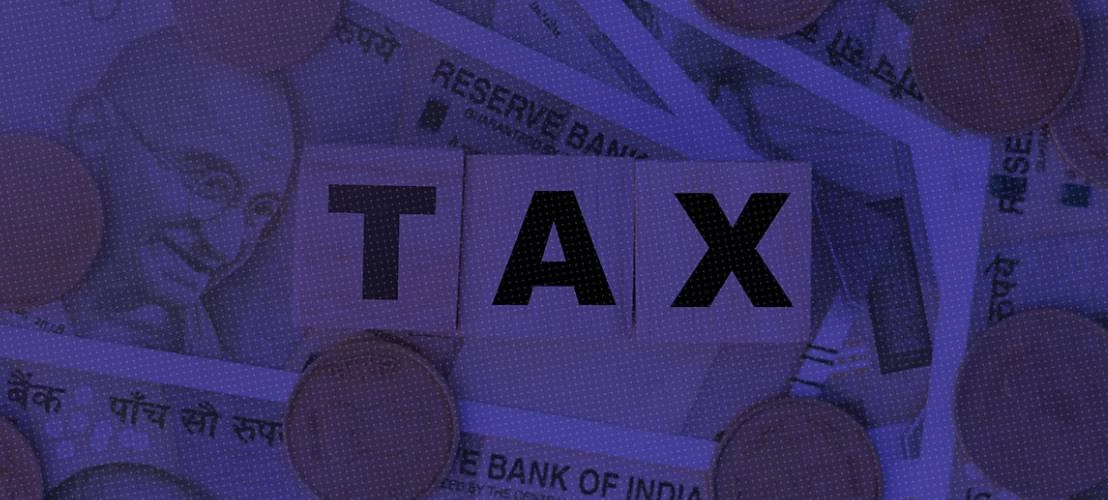The Karnataka High Court has recently directed the Revenue department to consider the application for refund filed by the assessee in respect of the amount paid by the assessee-petitioner during investigation in November 2019. The investigation was not concluded till the hearing before the Court. Considering the facts of the case where it found that the amount was not paid voluntarily, and the assessee was a bona fide taxpayer, the Court in Bundl Technologies Pvt. Ltd. v. Union of India observed that consideration of the right of refund would be independent of the process of investigation and the two cannot be linked.
No self- ascertainment even if payment made voluntarily
The departments contention that since payment was made voluntarily, such payment needs to be construed to be the payment in furtherance of self-ascertainment under Section 74(5) of CGST Act, was rejected by the Court. It held that the payment of tax by itself even if construed to be voluntary will not by itself lead to a conclusion that the same is paid in furtherance of self-ascertainment under Section 74(5) of CGST Act. According to the Court, the scheme of self-ascertainment as contained in sub-sections (5), (6), (7), (8) of Section 74 of the CGST Act would not admit of making of payment and continuance of investigation. It observed that upon payment of tax after collection of the same with penalty, if the same is accepted even before the issuance of notice under Section 74(1) during investigation, there ends the matter and there is nothing further to be proceeded with.
Amount when not paid voluntarily
Further, considering the facts, including that the amount was paid at a time when there was no legal obligation to do so, the Court held that the amount was not paid voluntarily. It noticed that there was apprehension of possible arrest in the minds of the assessee-petitioner when the gates were closed from inside during investigation, etc. It also noted that the amounts are paid contemporaneous to the very dates when investigation was being made and during times when the petitioner’s Officers or Directors were at the place of investigation.
The High Court in this regard distinguished the various decisions of the Courts and Tribunal. It observed that the decision of CESTAT Hyderabad in the case of Peers Technologies Pvt Ltd.; Rajasthan High Court in Khandelwal Foods Products; and Kerala High Court in S.I. Property Kerala Pvt Ltd. and Suresh Kumar P.P., were not applicable in the present case.
Bona fide tax payer to be treated better than a detenu and arrestee
Relying on the Supreme Court decision in the case of D.K.Basu v. State of West Bengal, the High Court also observed that a bona fide tax payer is required to be treated better than a detenu and arrestee. It was of the view that a tax payer who has been filing returns and paying taxes but who may dispute the Department’s claim about certain transactions only can be construed to be bona fide tax payer. It also observed that substantial amount of tax was paid by the assessee since introduction of GST. It stated that ‘filing of return and payment of substantial taxes by the petitioner would clearly warrant for treating such tax payers with certain element of dignity’.
Refund and alternative remedy
Initially, the Court also held that the mere fact that application was made for refund did not in any way took away the right of the petitioner to seek for appropriate direction. It was of the view that the question of alternate remedy was of no significance, when the eventual direction in the present writ petition was only for consideration of the refund application. It held that the statutory remedy of refund would not displace the petitioner from the present proceedings and the petition is not to be dismissed on such ground.







